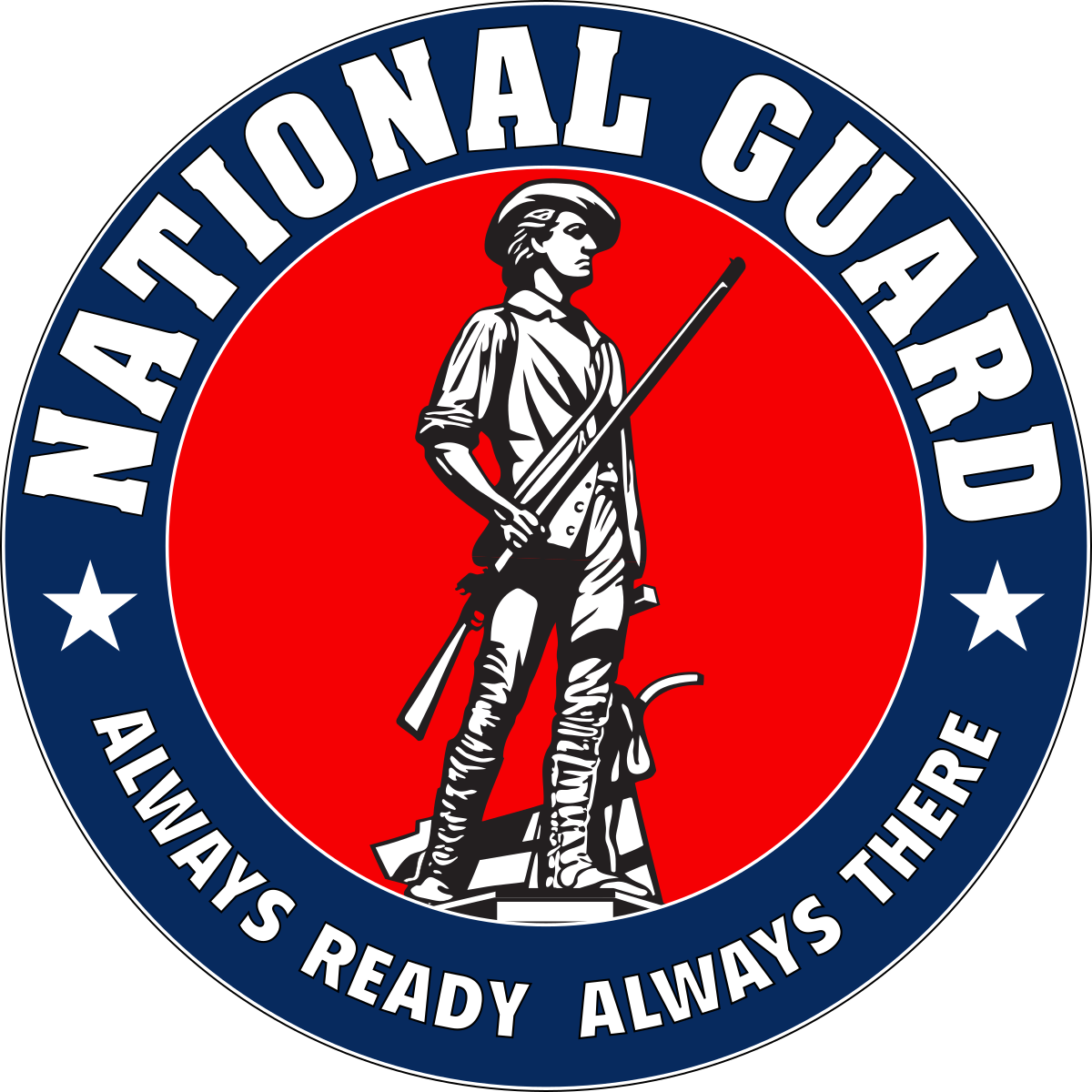Dr Grump
Platinum Member
- Apr 4, 2006
- 31,625
- 6,434
Also, it is an amendment. Amendments can be changed. No more prohibition or slavery in the US last time I looked.No one said it did.
President Biden is correct that the Second Amendment is not ‘absolute,’ as affirmed by Scalia in Heller.
